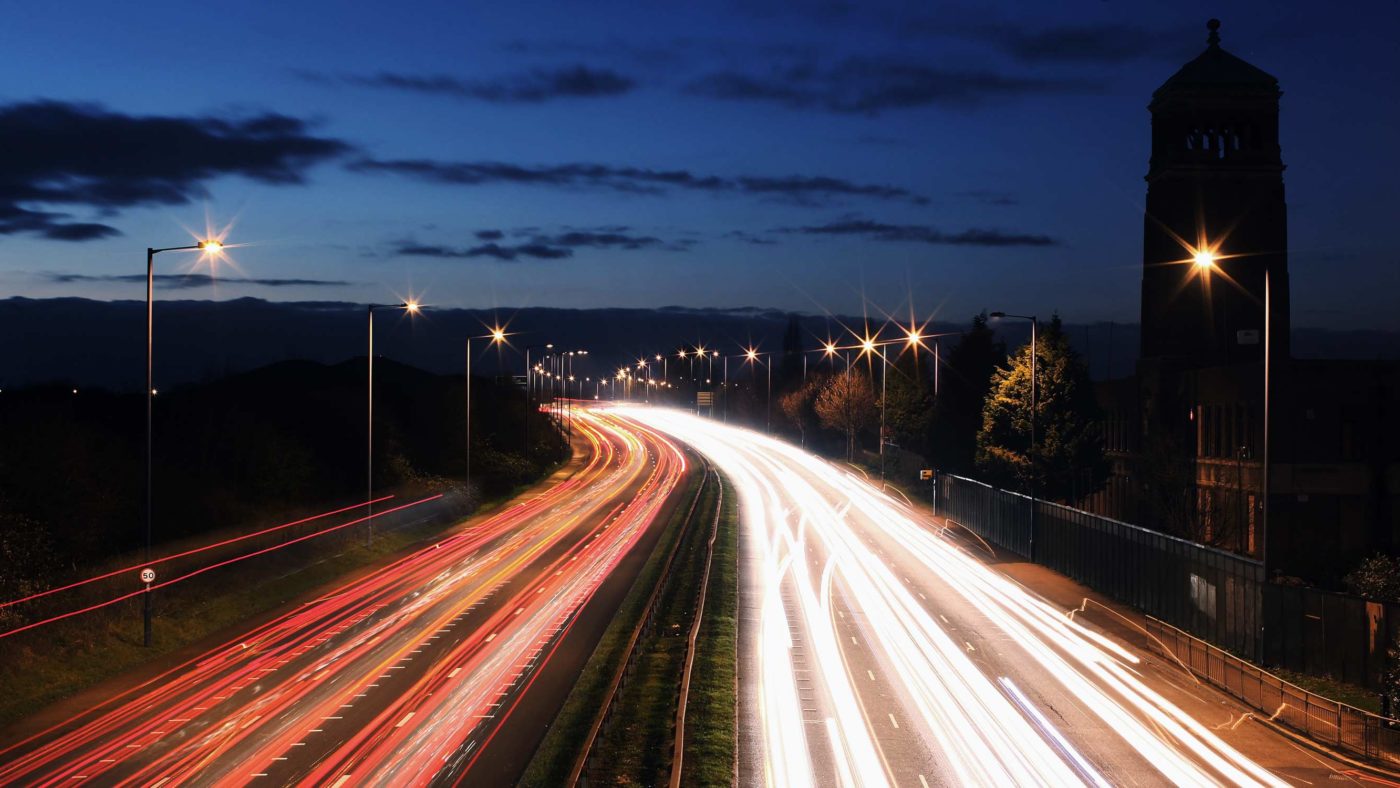This is the weekly newsletter from CapX. To receive it by email every Friday, along with a short daily email of our top five stories, please subscribe here.
David Cameron was sorry. He had won an election, saved the Union, cut the deficit. But, he confessed to his assembled constituency activists, he’d been unable to make any progress on the issue he knew was dearest to their hearts: the widening of the A40.
One of the things we often forget about British politics is the way that every MP, from the humblest backbencher to the mightiest Prime Minister, has to set aside part of their week to act as a social worker, sympathetic ear and frequently cabaret host. There are good causes to champion, cases to fight for, fetes to open, activists to placate.
It’s a process satirised in Armando Iannucci’s brilliant film ‘In the Loop’ – think ‘The Thick of It’, but with slightly different characters and lots more Americans.
The plot revolves around the high drama of the decision to invade Iraq. Except for the bit when the minister who has accidentally found himself at the centre of the action has to go back to his constituency and get shouted at by a curmudgeonly local about an office wall that’s leaning into his garden.
The week in which Britain learned the details of their new constituency boundaries – as part of a review which, as I argued on CapX, is both a demographic and a democratic necessity – and David Cameron resigned as MP for Witney seemed an appropriate moment to think about what politicians can, and can’t, do..
I grew up in Witney, and my family still live there, so I’ve seen Cameron on constituency duty quite a bit. That’s why it was so surprising that he decided to go: he genuinely seemed to care about the constituency, and to enjoy being its MP.
But it’s that remark about the A40 that’s stayed with me, because of what it reveals about British politics. A Chinese premier has only to raise an eyebrow for roads to be built, rivers to be diverted. Yet even the most powerful politician in the UK struggles to get few miles of a minor A-road made into a dual carriageway.
It’s surely a good thing that the man in Whitehall can’t simply bulldoze through whatever he likes. Yet one of the reasons that we take so long to build anything in this country is that there are so many checks and balances and downright obstacles to getting vital infrastructure constructed, vital homes built. Even when we do build stuff, it tends to be colossally expensive: Hinkley Point being a case in point.
This is one reason why the National Audit Office reckons that a third of those projects the Government classifies as “major” are at risk – let alone all the smaller ones. Businesses moan constantly that we’re not keeping our infrastructure in decent shape, let alone expanding it.
The problem’s not just about technical capacity, but how we value investment in the future. One of my favourite pieces this week was an essay by Edward L Glaeser, author of the excellent book ‘Triumph of the City‘. Here in the UK, there have been complaints that the Treasury treats any kind of infrastructure spending as an immediate cost, rather than taking account of the economic growth it may later generate.
David Cameron is now history. But at least he leaves office with a legacy he can be proud of. Yes, in May 2016, after years of begging from the locals, Oxfordshire County Council finally unveiled a scheme to widen the road between Oxford and Witney.
Of course, nothing will actually happen until the 2020s, at the earliest. Still – perhaps they might invite back the former MP to admire the new Tarmac. Just for old times’ sake.


